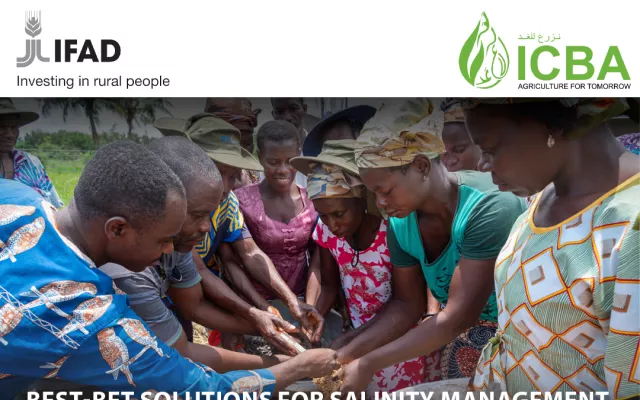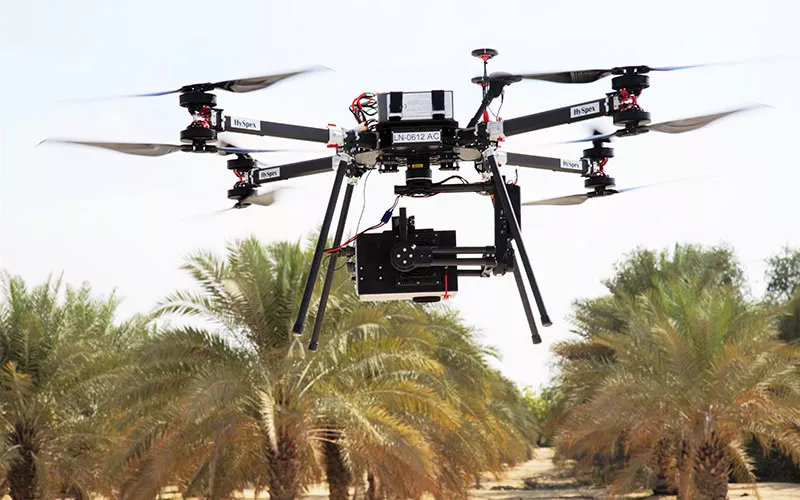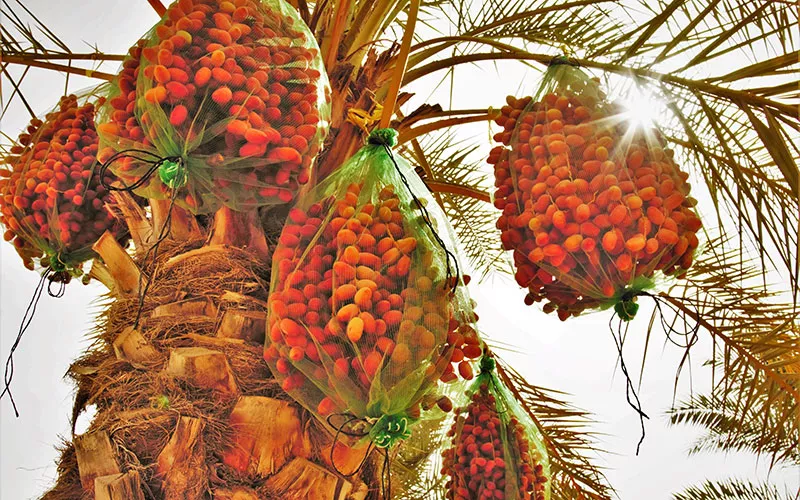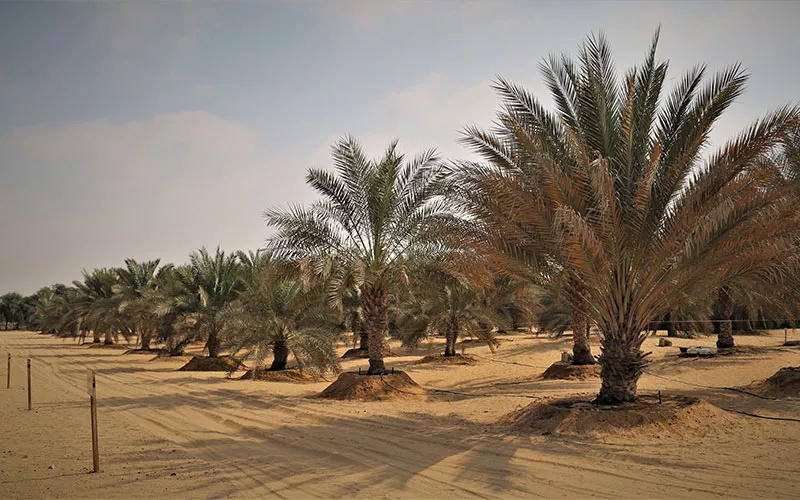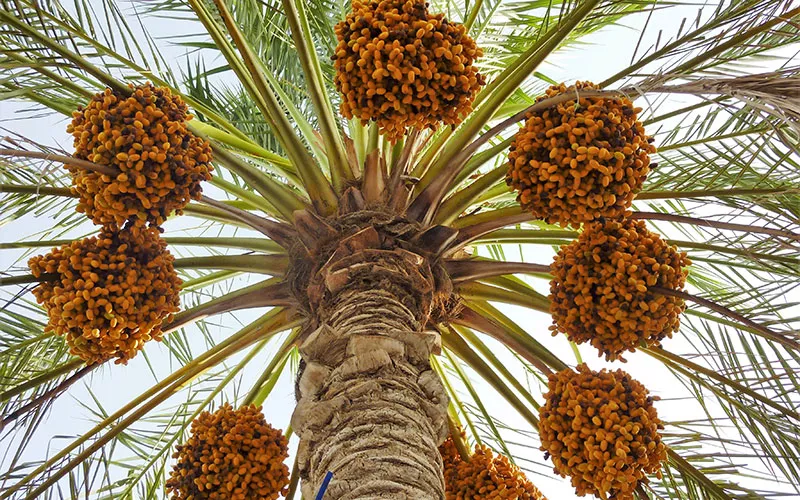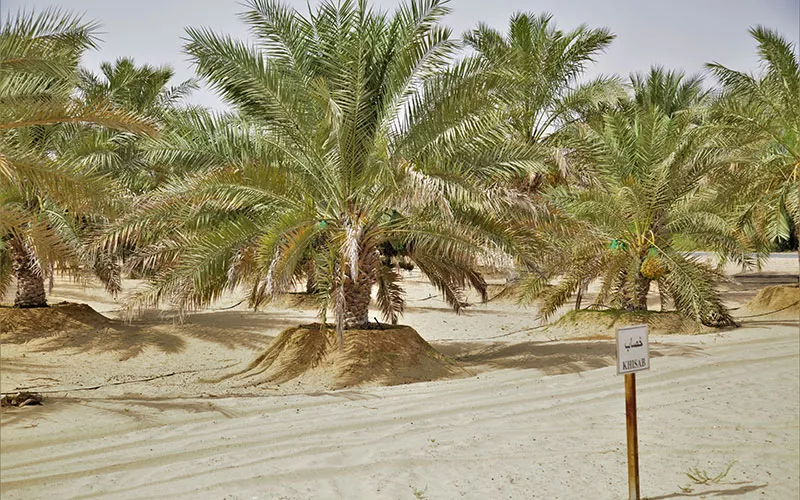Long-Term Experiment on Evaluation of Elite Date Palm Varieties for Biotic and Abiotic Stress in Conjunction with Paired Drones, Artificial Intelligence and Internet of Things
Date of Planting: 2001 and 2002
Field Variables:
- Date Palm Varieties: 18 (10 from UAE; 7 from Saudi Arabia and 1 from Iraq)
- Salinity levels: 4 (0.4 dS/m, 5 dS/m, 10 dS/m and 15 dS/m )
- Replications: 2 for 0.4 dS/m, 3 for 5 dS/m and 5 each for 10 and 15 dS/m
- Planting arrangement: Systematic planting in rows within each salinity level
Objectives:
- Assess the long-term impact of salinity on date palm growth, productivity and fruit quality as well as on land (soil).
- Asses the genotypic differences for fruit quality, quantity and disease and pest susceptibility.
- Scale up best management practices under salinity stress (Integrated Pest Management)
- Develop, implement and integrate a system of IoT and drone-based data collection into a GIS-based AI analysis platform for continuous monitoring of the date palm plantation (Palm Smart Management Solution).
- Develop the Palm Smart Management Solution modules for irrigation, pollination and harvesting.
- Develop the Palm Smart Management Solution modules for conducting complete infestation surveillance and early detection and comparing the effectiveness of different new control techniques for red palm weevil.
- Conserve the existing genetic resources by replanting the missing trees using a tissue culture technique (lost due to a severe disease).
Since 2002, ICBA has conducted research on the long-term effect of saline water irrigation on date palm growth, productivity, and fruit quality, as well as the impact of salinity on the soil. The experiment is conducted using 18 date palm varieties irrigated with water at different levels of salinity. The varieties also include Nabtat Sultan and Am-Al-Hamam, which are found as very sensitive to salinity.
ICBA has also carried out studies to determine actual water requirements of date palm trees in the UAE and has water productivity data that helps to reduce irrigation by up to 35%.
As part of this research, ICBA also evaluates the effectiveness of different techniques for controlling red palm weevil (Rhynchophorous ferrugineus), the mostdangerous pest.
This research also involves testing and implementing a system of the internet of things (IoT) and drone-based data collection integrated into a GIS-based AI analysis platform for monitoring the date palm plantation (Palm Smart Management Solution).
Season
2020-2021
Research Theme







